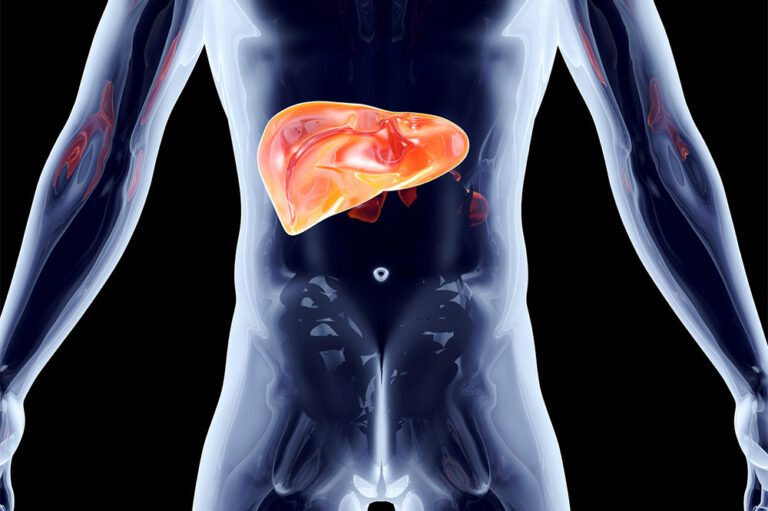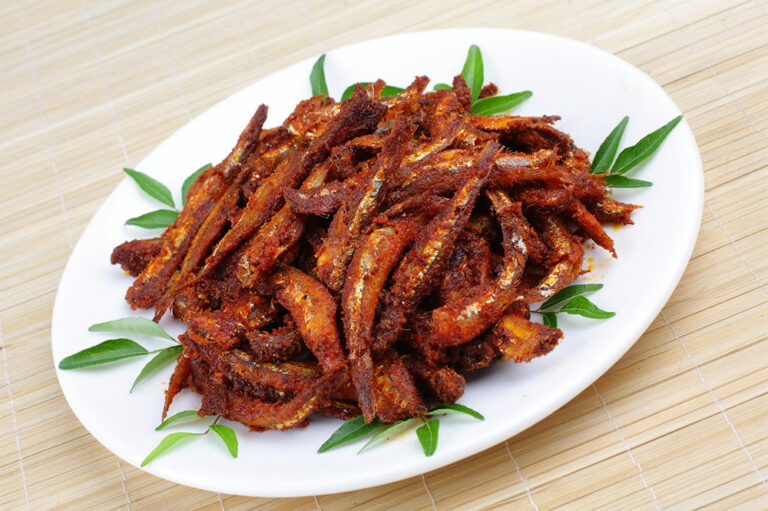
Foods to help manage pulmonary fibrosis symptoms
The lung is entirely made of porous sponge-like tissue, which is designed to absorb oxygen. Pulmonary fibrosis results in the scarring of the tissue and causes respiratory problems. Idiopathic Pulmonary Fibrosis (IPF) is the most common form diagnosed among adults and currently there is no cure for it. The condition can be, at best, managed with healthy lifestyle habits, changes in food habits, and by exploring Esbriet® as a medication option for pulmonary fibrosis.
Early Signs of Pulmonary Fibrosis
One of the more obvious signs is shortness of breath that results in shallow breathing.
A persistent dry cough could indicate the condition’s progress.
Unexplained fatigue even after a good day or night of rest.
Unexpected weight loss even if there have been no sudden changes in daily food regime.
Best Foods for Pulmonary Fibrosis
Foods rich in protein
Lean meats and seafood options can provide proteins necessary for maintaining lung heath. Further, assorted nuts and seeds like almonds, walnuts, flax seeds, and chia seeds are also protein-rich choices that can provide healthy calories and essential nutrients to boost immunity.
Foods rich in antioxidants
Antioxidants help combat the oxidative stress that results in healthy tissue damage. One must eat vegetables like leafy greens, Brussels sprouts, carrots, squash, bell peppers, cabbage, and broccoli. Additionally, berries, kiwi, cherries, and cantaloupe are excellent sources of antioxidants among fruits.
Foods rich in carbohydrates
The body needs energy to support the immune system and other functions. Energy is normally sourced from carbohydrates. But with pulmonary fibrosis, it is advisable to switch to whole grains in place of refined grains to supplement this need. Whole grain bread, brown rice, oatmeal, barley, and whole quinoa are good choices of complex carbs.
Fat-free dairy
Skim milk and fat-free milk products can be substituted for full fat milk, yogurt, and cheese. Almond milk, soy milk, kefir, and Greek yogurt can supplement the body with necessary calcium, vitamin D, and proteins. These essential nutrients and minerals help manage the symptoms of pulmonary fibrosis.
Beverages
Green tea, coffee, and cocoa boast excellent antioxidant and anti-inflammatory properties, which help reduce the effects of oxidative stress on healthy cells.
Medications such as Esbriet® as Pulmonary Fibrosis Treatment Options
This medication can help manage the symptoms of idiopathic pulmonary fibrosis. In the long run, while it cannot reverse lost lung function, Esbriet® aids in slowing the disease progression and helps preserve the remaining lung function. The medication has been approved by the FDA for use after multiple proven clinical studies.












